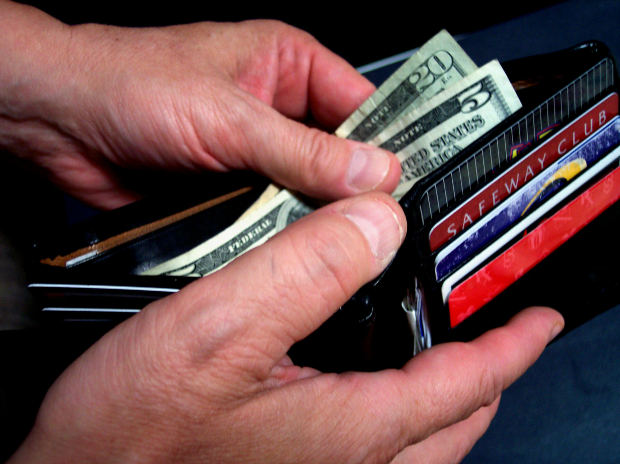
Following a workplace injury, particularly an incident resulting in you needing to take extended time off work, it will be necessary to look after yourself; to both recover in body and mind, and to manage your change in circumstances on a more practical level.
This brief how-to guide will give some guidance on taking care of yourself post-injury; physically, mentally, and financially.
Physically
For physical recovery, the most important, and likely the most obvious, thing to do is make sure you follow the guidance and advice given by your medical practitioners.
- Make sure you take any medication prescribed and avoid any strenuous activities as advised, such as heavy lifting, or sports
- If receiving physiotherapy for injuries sustained, then be sure to complete all home exercises designated to your recovery process
- As well as the to-do’s, make sure to abide by the do-not’s, such as avoiding alcohol, certain foods, or smoking, for example. In addition to the physical implications, this can also have legal ramifications, such as driving while on pain medication, following surgery or while incapacitated, voiding motor insurance
As well as following medical advice, it will be necessary to take your injury, and any long-term implications of it, into account when preparing to return to work:
- Can you carry out your previous role without causing further injury, if not then a new role should be found or created to allow you to return to work safely
- Do not return to work before you are sufficiently recovered enough to do so
This can be challenging to stick to as it can be frustrating to wait, and can also be a cause for anxiety and stress if it is having an impact on your finances.
Mentally
Being injured and restricted is likely to be an upsetting and anxiety-inducing time for you. It adds additional pressures to families and relationships and can have a detrimental effect on your mental wellbeing.
- Seek external assistance if you find yourself struggling to cope. Therapy can be a great way to unload your emotions and is not a sign of weakness or failure.
- Accept help from family and friends and be sure to communicate. You are not a burden to them, and they want to support you, but they cannot do this if you don’t tell them what you need.
- Practice meditation, yoga, or other therapeutic, relaxation techniques. Find time in your schedule to be calm and focus on your breathing to reduce stress levels and boost your mental health.
- Stay abreast of your financial circumstances, acknowledge that there may be financial implications to your injury, and seek out support and advice to manage them. Money is a leading cause of stress, and ignoring it will only make it worse.
Financially
As previously mentioned, an injury at work that puts you out of action will inevitably have financial implications for you and your family; there are many things to consider during this time, including:
- Compensation – You may be entitled to compensation following a workplace injury, and you should not be hesitant to pursue it. Personal injury solicitors London, Washington, Paris, or wherever you are in the world, are there to help you regain financial control and support you following your accident.
- Insurance – You may find that your employers have insurance to cover workplace accidents, you should speak to your employer and discuss your rights. Your own medical insurance cover, if applicable, may also help with any resulting medical bills.
- Sick pay – Another one for your employer. Check your contract and see what you are entitled to for time off of work due to a work-related injury.
- Budgeting – If you find yourself out of pocket, then it may be necessary to review your household budget while you are off work and reduce non-essentials.
- Research other support services – You may be entitled to additional benefits or financial aid. Research what is available in your area and be sure to claim everything you are entitled to. It is what it is there for, and you should not feel guilty using it.
- Returning to work – Know your rights for returning to work after sickness or injury. Your employer should consider alternative roles within the business if you are no longer able to carry out your original job. They should make a significant effort to facilitate your return.
Prioritize your recovery and the wellbeing of yourself, your family, and anyone that may be affected by the incident. Getting better is top priority, and this guide provides tips for ensuring that you take care of you and yours.
